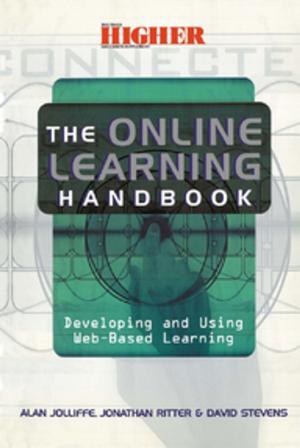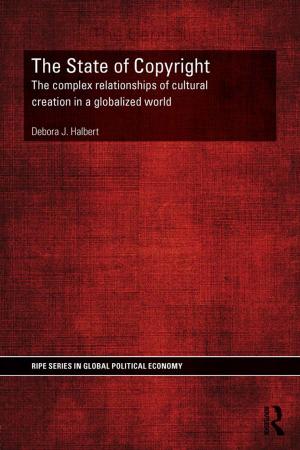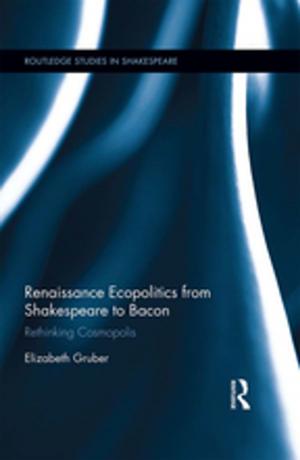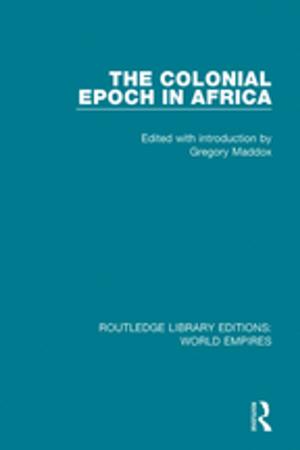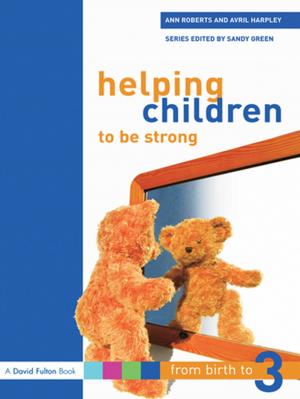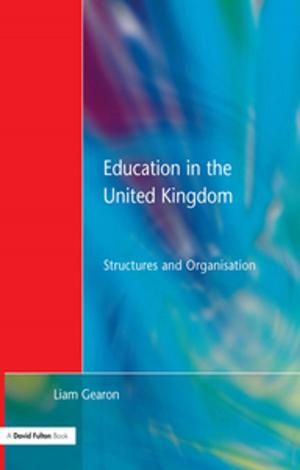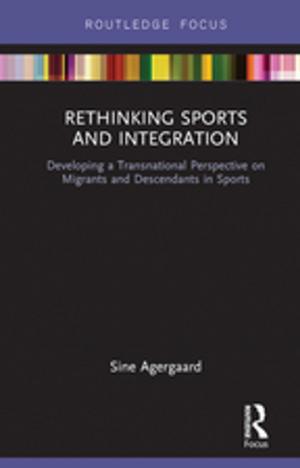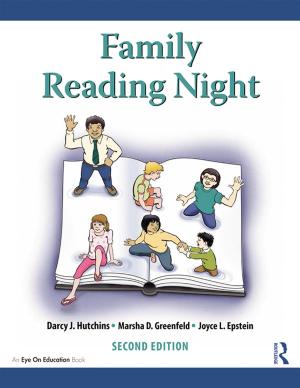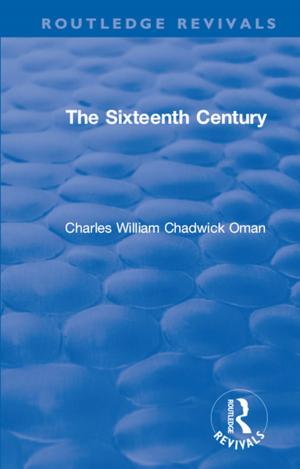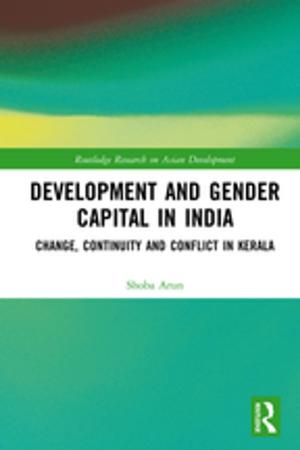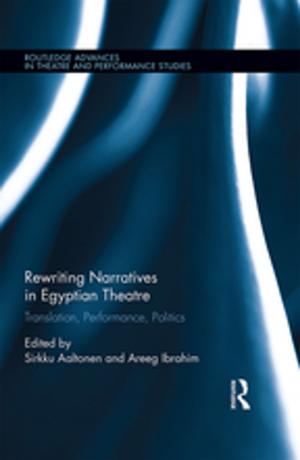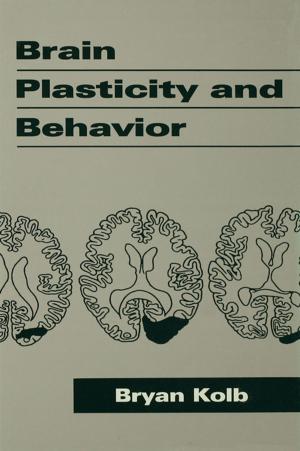The War on Terrorism
21st-century Perspectives
Nonfiction, Social & Cultural Studies, Political Science| Author: | Stephen Gale | ISBN: | 9781351301589 |
| Publisher: | Taylor and Francis | Publication: | July 28, 2017 |
| Imprint: | Routledge | Language: | English |
| Author: | Stephen Gale |
| ISBN: | 9781351301589 |
| Publisher: | Taylor and Francis |
| Publication: | July 28, 2017 |
| Imprint: | Routledge |
| Language: | English |
On September 11, 2001, a small number of desperate men hoping to earn paradise attacked New York and Washington, D.C. Their spectacular acts of destruction concluded America's nearly decade-long vacation from insecurity, known as the "post-Cold War era." As eras go, this one was short and it certainly ended with a bang, not a whimper. The United States, still sole superpower, was now challenged by a bleak new world. Americans do not care for the bleak and do not tolerate it for long. Predictably, national shock soon became righteous anger, coupled to international campaigns against groups and states held responsible for the scourge of terrorism. These were short-term measures that hurt our enemies but did not "fix" the problem.Not long after these events, the Foreign Policy Research Institute organized a new Center on Terrorism, Counterterrorism, and Homeland Security. Its purpose was to take a longer term view of the terrorism problem and what might be done about it--not only academic research but also policy suggestions. This book contains a broad selection of the Center's output, including essays on American strategy, homeland security, knowing the enemy, and the military dimension. A notable feature is the discussion of the educational issue: what and how to teach our children about terrorism.
On September 11, 2001, a small number of desperate men hoping to earn paradise attacked New York and Washington, D.C. Their spectacular acts of destruction concluded America's nearly decade-long vacation from insecurity, known as the "post-Cold War era." As eras go, this one was short and it certainly ended with a bang, not a whimper. The United States, still sole superpower, was now challenged by a bleak new world. Americans do not care for the bleak and do not tolerate it for long. Predictably, national shock soon became righteous anger, coupled to international campaigns against groups and states held responsible for the scourge of terrorism. These were short-term measures that hurt our enemies but did not "fix" the problem.Not long after these events, the Foreign Policy Research Institute organized a new Center on Terrorism, Counterterrorism, and Homeland Security. Its purpose was to take a longer term view of the terrorism problem and what might be done about it--not only academic research but also policy suggestions. This book contains a broad selection of the Center's output, including essays on American strategy, homeland security, knowing the enemy, and the military dimension. A notable feature is the discussion of the educational issue: what and how to teach our children about terrorism.

